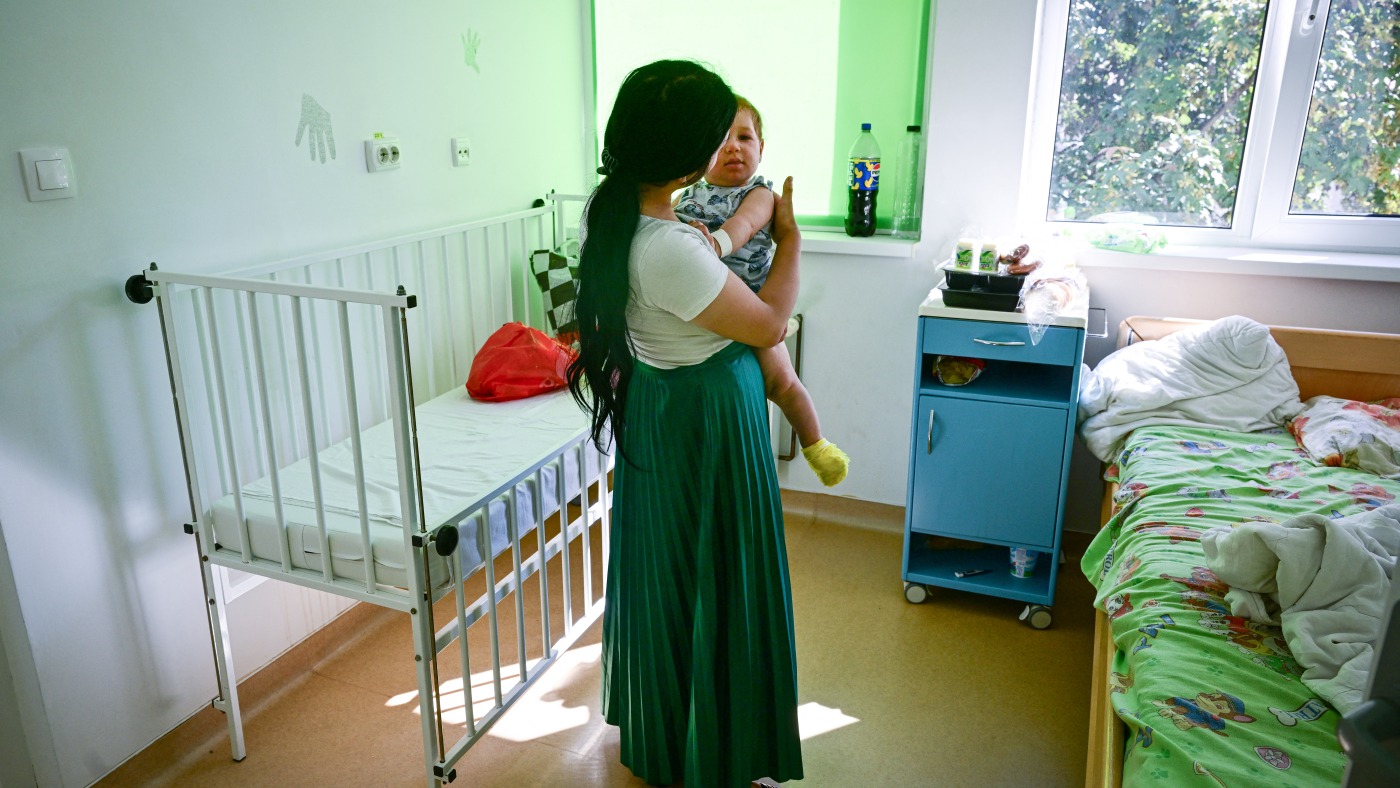
Romania experienced a severe measles outbreak, reporting over 30,000 cases and 23 deaths in a single year, including children, despite being an upper-middle-income EU member. This outbreak serves as a case study for other developed nations, including the U.S., facing resurgent measles cases.
The roots of Romania's struggle are multifactorial, stemming from its authoritarian past. During the Communist era, childhood vaccinations were mandatory and administered without parental consent, achieving high immunization rates.
Following the 1989 democratic transition, mandatory vaccination was abolished, granting citizens the freedom to decline immunizations, which some perceived as a way to assert independence from past state control. This newfound freedom, coupled with growing public distrust in government recommendations, created fertile ground for vaccine hesitancy.
A campaign to vaccinate girls against HPV in 2008 further eroded public confidence in vaccines generally, leading to a steady decline in measles vaccination coverage from the crucial 95% threshold. By 2023, coverage had plummeted to 62%, with most regions falling below the necessary threshold.
The COVID-19 pandemic exacerbated this decline by disrupting routine vaccination services. Compounding the issue are systemic weaknesses within Romania's health system, including chronic underfunding, a shortage of primary care providers, and a lack of mandatory immunization policies.
These systemic issues disproportionately affect minority groups, hindering access to information and vaccines. Furthermore, both clergy and far-right politicians have capitalized on vaccine mistrust, actively discouraging immunization.
The consequences of this freefall in immunization are dire. Romania now has the lowest measles vaccination rate in the EU, making it vulnerable to outbreaks.
The disease can lead to serious complications like pneumonia and deafness, and even a rare, fatal neurological condition years after initial infection. In response, some Romanian healthcare professionals are employing evidence-based strategies like motivational interviewing to address parental concerns and combat misinformation.
However, experts believe that other developed countries, including the U.S., are not adequately learning from Romania's experience, remaining in their own "bubble" and failing to grasp the universal lesson that losing high vaccination coverage allows measles to return.